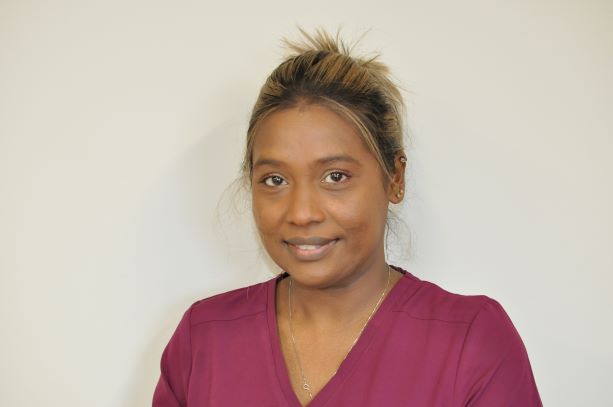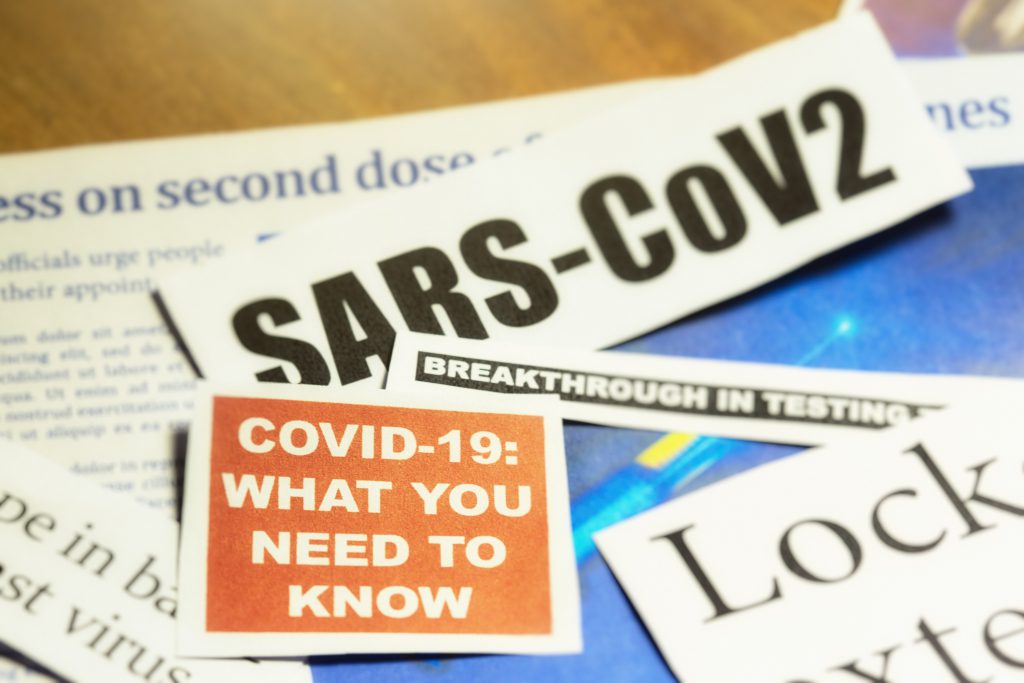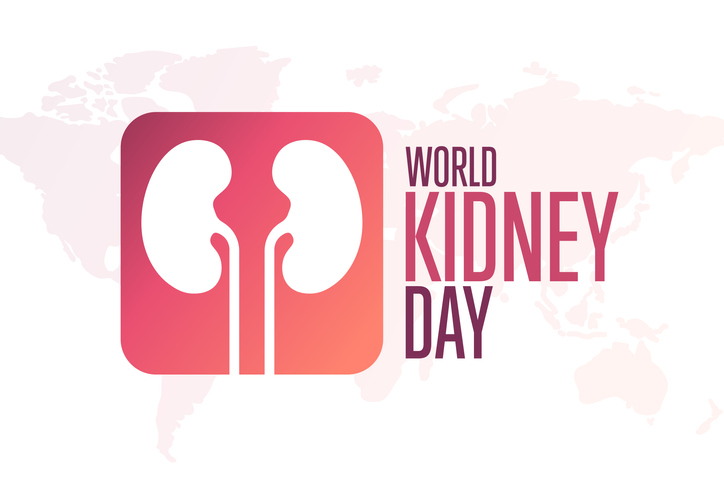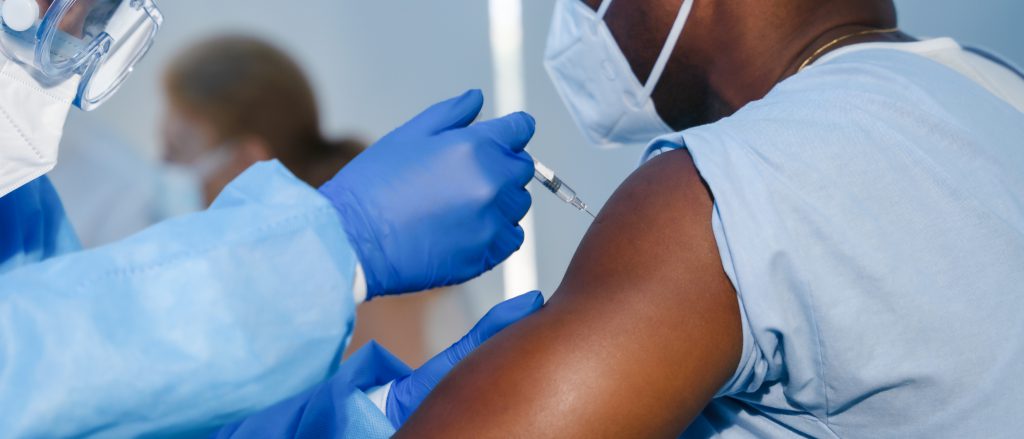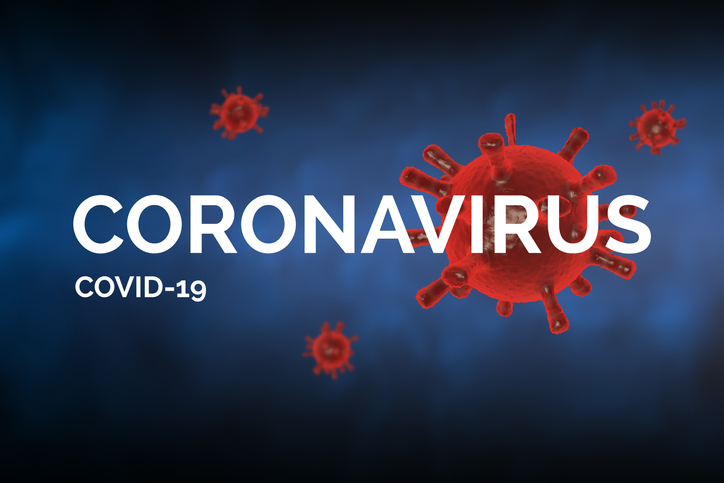
According to the U.S. Department of Health and Human Services, approximately half of Americans age 50 and older have varicose veins. These veins appear to bulge from the skin and are dark purple or blue in color. They are most commonly located in the legs and are caused by the pooling of blood in enlarged veins.
While varicose veins are very common among both men and women, there are several factors that can increase a person’s risk of being affected. This includes:
- Heredity
- Hormonal changes, such as puberty, pregnancy, and menopause
- Increasing age
- Obesity
- Sun exposure
The Dangers of Varicose Veins
Not only can varicose veins cause discomfort and embarrassment for the men and women who have them, but they can also sometimes lead to more serious health conditions. If left untreated, varicose veins can lead to:
- Blood Clots- Blood clots are extremely dangerous, as they may dislodge from the vein and travel to the lungs or heart, preventing either from functioning properly.
- Sores and Ulcers- Varicose veins may lead to sores and ulcers of the skin because of long-term buildup of fluid.
Varicose veins may also cause ongoing swelling, rashes, and pain, and can increase a person’s chances of infection.
Seeking Medical Attention
Varicose veins may signal a higher risk for circulatory problems. If you have varicose veins that cause pain, swelling, itching, tiredness, or numbness in the legs, you should seek medical attention. Jamaica Hospital offers a variety of options to treat varicose veins.
If you have varicose veins and would like to schedule a consultation with a vascular surgeon at Jamaica Hospital Medical Center’s, Ambulatory Care Center please call 718-206-7001.
All content of this newsletter is intended for general information purposes only and is not intended or implied to be a substitute for professional medical advice, diagnosis or treatment. Please consult a medical professional before adopting any of the suggestions on this page. You must never disregard professional medical advice or delay seeking medical treatment based upon any content of this newsletter. PROMPTLY CONSULT YOUR PHYSICIAN OR CALL 911 IF YOU BELIEVE YOU HAVE A MEDICAL EMERGENCY.

